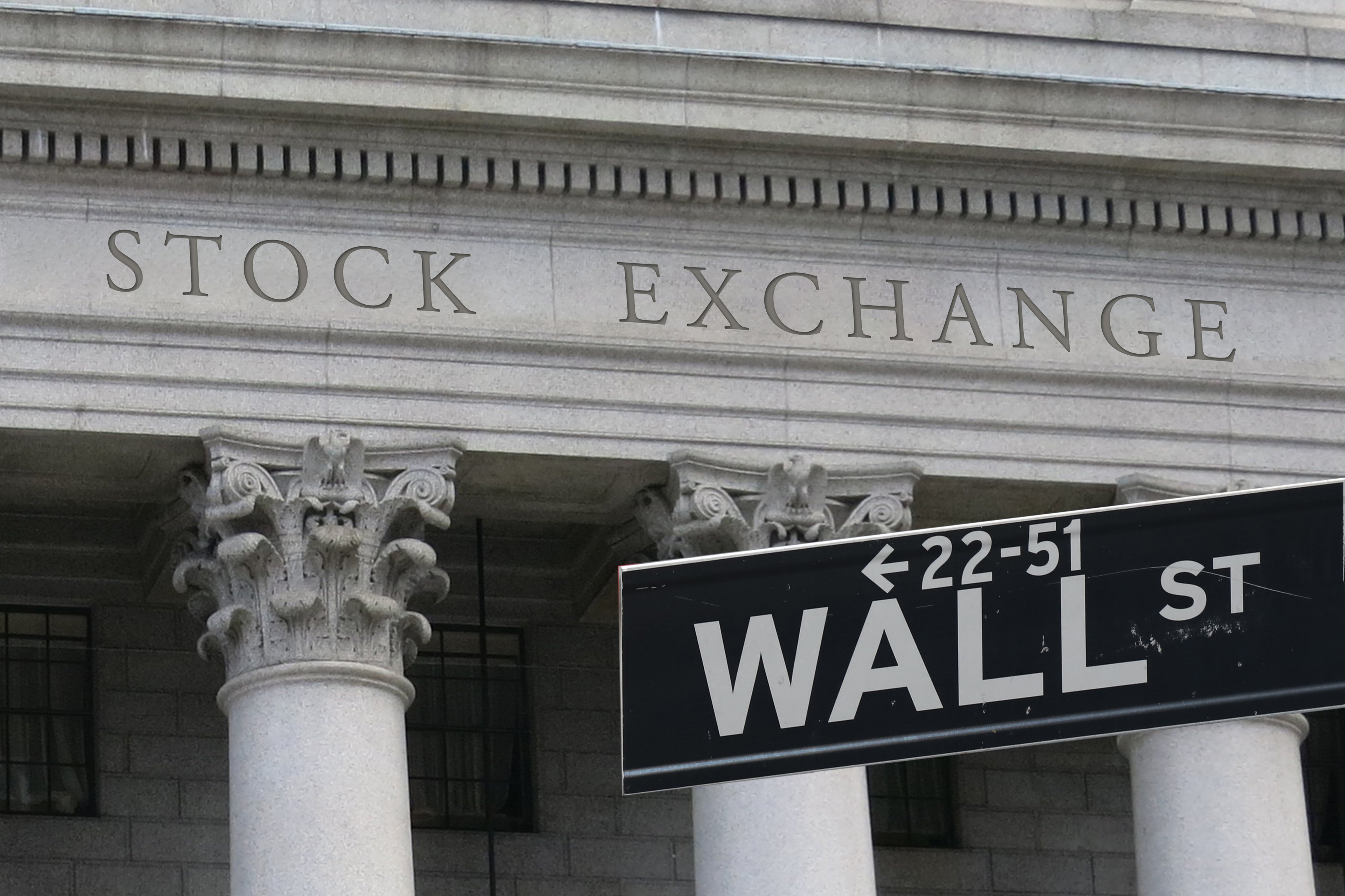
JPMorgan Chase CEO Jamie Dimon. Image source: JPMorgan Chase's 2015 annual report.
Jamie Dimon's annual shareholder letter is a must read for bank investors. Even Warren Buffet encourages investors to dig into the JPMorgan Chase (JPM 0.38%) CEO's yearly missive. But for those of you without the time to wade through all 50 pages of Dimon's letter this year, here are five insights that are worth taking note of.
1. Regulations and profitability
If there's one thing banks like JPMorgan Chase are struggling to do right now, it's to absorb a substantial increase in regulatory and compliance costs. How substantial?
Since 2011, our total headcount directly associated with Controls has gone from 24,000 people to 43,000 people, and our total annual Controls spend has gone from $6 billion to approximately $9 billion annually over that same time period. We have more work to do, but a strong and permanent foundation is in place. Far more is spent on Controls if you include the time and effort expended by front-office personnel, committees and reviews, as well as certain technology and operations functions.
With these added costs, it's reasonable to believe that banks' days of generating consistent double-digit returns on equity are a thing of the past. But Dimon thinks otherwise:
While we did produce record profits last year, our returns on tangible common equity have been coming down, mostly due to higher capital requirements, higher control costs and low interest rates. Our return on tangible common equity was 13% last year, though we still believe that we will be able to achieve, over time, returns of approximately 15%.
2. The network effects of international banking
International banking presents an assortment of risks; foremost among them is the fact that foreign-exchange rates are constantly fluctuating. At the same time, however, JPMorgan Chase's presence around the globe offers its own unique competitive advantages.
We operate in more than 100 countries across the globe... The reason we operate in all these countries is not simply because they represent new markets where we can sell our products. When we operate in a country, we serve not only local institutions (governments and sovereign institutions, banks and corporations in that country) but also some of those institutions and corporations outside their country, along with multinationals when they enter that country. This creates a huge network effect.
3. JPMorgan is bullish on China
What does America's biggest bank think about China's prospects for the future? They're bright, says Dimon, but the country's growth won't necessarily be smooth.
We believe it likely that, in 20-25 years, China will be a developed nation, probably housing 25% or more of the top 3,000 companies globally. Going forward, we do not expect China to enjoy the smooth, steady growth it has had over the past 20 years. Reforming inefficient state-owned enterprises, developing healthy markets (like we have in the United States) with full transparency and creating a convertible currency where capital can move freely will not be easy.
Dimon pointed out that JPMorgan Chase has $19 billion worth of outstanding exposure to China, though even under the worst-case scenario that the bank stress tests for, it isn't likely to lose more than $4 billion worth of this.
4. JPMorgan isn't worried about negative interest rates
The central banks in Japan and Europe have both adopted negative interest-rate policies in an effort to spur lending, and thereby, economic growth. While analysts and commentators have speculated that the Federal Reserve could follow suit if the American economy tips into recession, Dimon doesn't think this is likely:
[W]e are not worried about negative interest rates in the United States. For years, this country has had fairly consistent job growth and increasingly strong consumers (home prices are up, and the consumer balance sheet is in the best shape it's ever been in). Housing is in short supply, and household formation is going up, car sales are at record levels, and we see that consumers are spending the gas dividend. Companies are financially sound -- while some segments' profits are down, companies have plenty of cash.
5. JPMorgan's brain drain
The fact that JPMorgan Chase is one of the best-managed banks in the United States has not escaped the attention of its competitors, many of which have set their sights on recruiting JPMorgan alum.
- Bill Winters, former co-head of JPMorgan's investment bank, is now CEO of Standard Chartered.
- Jes Staley, another former head of JPMorgan's investment bank, is now CEO of Barclays.
- Charles Scharf, former head of JPMorgan's retail bank, is now CEO of Visa.
- Frank Bisignano, former co-chief operating officer and head of mortgage banking at JPMorgan, is now chairman and CEO of First Data Corporation.
- Mike Cavanagh, former chief financial officer of JPMorgan, is now CFO of Comcast.
But even though this brain drain takes an obvious toll on the bench of potential successors to Dimon, he accepts it as inevitable for a bank with JPMorgan's track record over the past decade:
[W]e have lost some people, but we wish them well -- we are proud of our alumni. One of the negatives of being a good company is that you do become a breeding ground for talent and a recruiting target for competitors.






